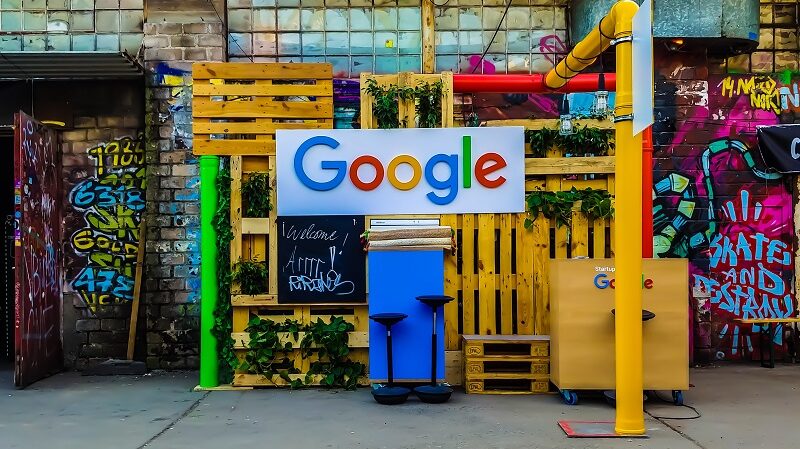After the attacks on the US Capitol, Facebook and Google had banned political ads to stop the spread of false news. But now Google Ads political ads are supposedly allowed again. What does this mean for the spread of fake news?
The attacks on the U.S. Capitol on Jan. 6, 2021, have temporarily put the country in a state of emergency, with the Internet leading the charge
Social media networks like Parler, particularly popular with right-wing political circles, were temporarily shut down. Twitter blocked the account of then-still-President Donald Trump. Facebook and Google, in turn, decided to no longer allow political ads for the time being.
At Google Ads, a special version of the “Sensitive Events Guidelines” went into effect on January 13, where certain political ads were no longer allowed to run as ads.
Google Ads has now lifted this block. This is reported by the online magazine Axios and refers to an email that the magazine had received. Accordingly, starting tomorrow, Wednesday, political ads may appear again on Google Ads.
This advertisement was forbidden with Google Ads
The ad ban was very specific to ads related to candidates, the U.S. election and its outcome, the inauguration of Joe Biden, Trump’s impeachment proceedings, and violence surrounding the Capitol attacks.
On Monday (Feb. 22, 2021), however, Google sent out an email to its advertisers showing, according to information obtained by Axios: The ad freeze is over.
In the email, Google reportedly wrote that as of Wednesday, all political ads would be allowed again.
Here’s how customers can place ads on Google Ads
To buy ad space, customers must now use the “Appeals Tool” in the Google Ads portal to have their ads reviewed.
If these ads comply with current guidelines, reviewers will approve the ad and Google will then play the ad for users.
Google and Facebook are the two largest digital platforms for political ads. Given their ad freeze, advertisers flushed their ads to other platforms, such as smart TVs. Republicans ran ads on Hulu for the Georgia Senate runoff election, for example.
Are we seeing less fake news now?
On these platforms, however, controls on ad content are not as strict as on Google and Facebook. In some ways, users are better protected against fake news when the Google and Facebook pre-screen content.
On the other hand, Google is not acting entirely altruistically. After all, blocking ads also entails a loss of revenue.
Facebook has not yet lifted its ad block. It will therefore be exciting to see how long the Google competitor will maintain its block.










